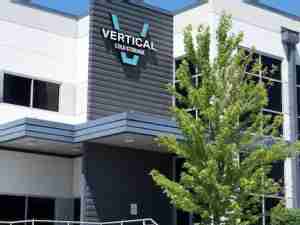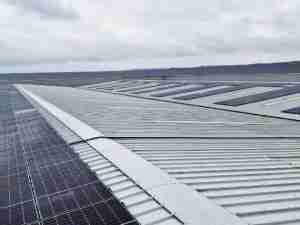Pangea Group analyses the good perspectives for the logistics sector in Vietnam
posted by AJOT | May 10 2017 at 07:16 AM | Logistics
The country is striving for the logistics sector to grow between 15% and 20% by 2025, so it represents 8-10% of GDP.
Pangea Logistics Network prepares its annual meeting in Vietnam to be held from September 26th to 28th at the Hotel Nikko Saigon in Ho Chi Minh. This is a meeting of all the agents of the network, for the sixth time in the case of Pangea, and for second edition in the case of Connecta, sister network for Airfreight certified agents. Participants at this meeting will be able to exchange synergies, ideas and business opportunities in an unbeatable environment, such as this Vietnamese city.
Vietnam is a rising country in the logistics sector and, although infrastructure still needs improvement and development, the government and local companies are investing and working to bring its transport facilities and conditions to the level the present and future market requires.
The Vietnamese government is committed to boosting the logistics industry through a National Action Plan, that aims to help the sector to grow between 15% and 20% and become among the world’s top 50 logistics services providers. The efforts of the government and the private sector are necessary to raise the competitiveness of the Vietnamese companies and to reduce the costs of trading in agreement with the country’s international commitments.
As recently announced by the VLA (Vietnam Logistics Association), in a launching ceremony as informs Vietnam News, the Vietnamese government's plan is to improve sector-related policies, with new regulations and tax incentives, attract more investment, enhance cooperation between local and international logistics companies, and further logistics infrastructure to link Vietnamese ports with neighboring countries. The plan provides mid and long-term solutions for the next 7-8 years throughout the entire country.
The current situation is that most local logistics companies are small or medium-sized, efficiency has been low and resources have not been fully exploited. The country's longitudinal shape means that both, the industrial factories and the logistics firms are focused on coastal areas. Transport infrastructures need to be substantially improved to meet the needs that modern logistics and globalization demands. Most of the country's freight traffic is made by water. International trade is mostly carried out by sea. Inland trade uses river beds to transport goods, since less than 60% of the roads are asphalted and rail is very limited because of the few existing basis.
Local airlines have big plans for the future as their volumes of transported goods keep growing. They are able to increase their fleets in number and efficiency. Looking ahead, Viejet Air Cargo has announced the launching of its first freighter service in October this year. In the beginning, its operations will focus on Southeast Asia, but they anticipate to expand first with routes to China and Japan and later to the Middle East, Europe and United States. Viejet Air Cargo expects to expand its fleet of aircraft to 100 by 2020.
The Airlines expansion plans will need the support of the government policies and Airport expansion plans including the construction of a new terminal, a new runway and more craft parking spaces in Tan Son Nhat International Airport that should be completed by 2019, as well as to consider longer-term solutions, such as proposals of a new airport outside the city.
“Thinking of our Vietnamese partners, local freight forwarders with a very high trajectory, as we are completing the arrangements of our Ho Chi Minh annual Meeting, we are pleased to confirm about the country's logistics potential and estimates for a prosper future”, indicates Sarah Bidmead, Network Manager of the PANGEA Group. “As part of an international group of independent local freight forwarders they count on the connections and resources for providing their customers with modern and competitive freight solutions”.


_-_28de80_-_8f8c6366d00d2f1fde1eee7fbc1f9ce9fbad4504_yes.png)







